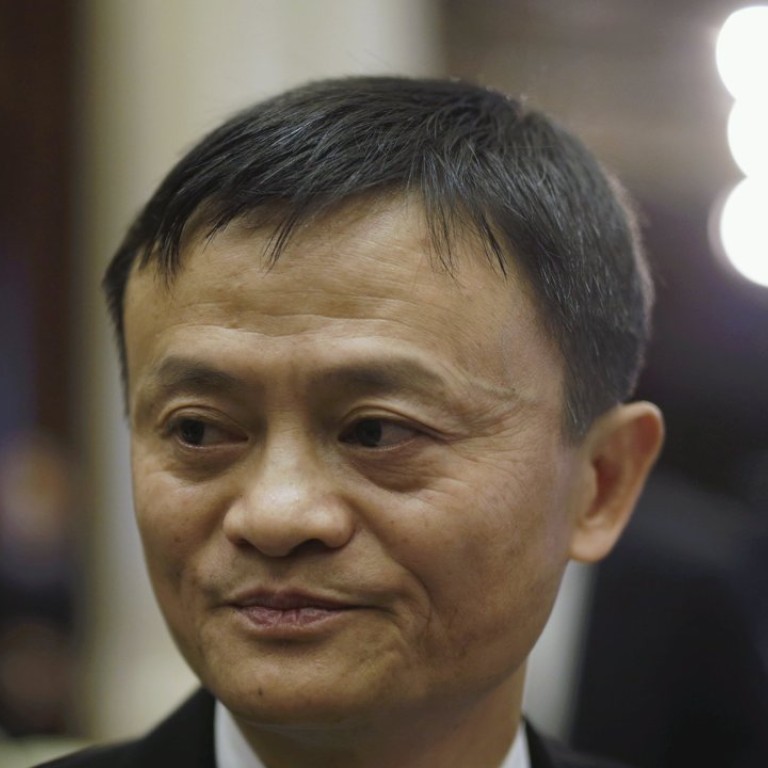
New | Alibaba health care unit stumbles into 2016 as deal on online pharmacy business runs into delays
Alibaba Health Information Technology is the Hong Kong-listed healthcare subsidiary of e-commerce giant Alibaba Group
The expansion plans of Alibaba Health Information Technology, the Hong Kong-listed health care subsidiary of e-commerce giant Alibaba Group, have stumbled out of the gate this year as the US$2.5 billion deal to acquire its parent’s online pharmacy business gets delayed.
In a regulatory filing on Monday, Ali Health chief executive Wang Lei said “additional time is required for the relevant conditions” to complete that proposed acquisition.
Shares of Ali Health were down 5.97 per cent to close at HK$5.04, following the announcement.
“While the company remains committed to pursuing the proposed acquisition, there remains uncertainty regarding obtaining the required regulatory approvals,” Wang said.
That deal is subject to a number of conditions, including obtaining approvals from the independent shareholders of Ali Health and the Hong Kong stock exchange.
Ali Health said it reached agreement with Ali JK Investment, a subsidiary of New York-traded Alibaba, and Chen Wenxin -- the owners of Beijing Chuanyun Logistics Investment -- in extending the “long stop date” to meet those conditions to March 31, from the previous December 31 deadline.
Beijing Chuanyun is an offshore holding vehicle that controls Alibaba’s online pharmacy operations, which is run under internet shopping platform Tmall.com.
In April, Alibaba agreed to transfer that online pharmacy business to Ali Heath in exchange for US$2.5 billion worth of newly issued shares and convertible bonds.
Upon completion of the proposed transaction, Alibaba’s effective ownership of Ali Health will increase to 53 per cent.
Alibaba in 2014 teamed up with Yunfeng Capital, a mainland private equity firm co-founded by executive chairman Jack Ma Yun, to buy a controlling stake in Citic 21CN, a loss-making pharmaceutical data firm, for HK$1.33 billion. That company was later renamed Alibaba Health Information Technology.
The delay in completing the online pharmacy acquisition could further challenge Ali Health with turning a profit as it continues in investment mode.
At present, ts main business is the product identification, authentication and tracking system (PIATS) for medical and health care institutions on the mainland. This operation is also used for food and beverages, cosmetics and agricultural produce.
Ali Health saw its interim net loss in the six months to September widen 272 per cent to HK$125.56 million from HK$33.75 million in the same period last year.
The company attributed that result to increased operating costs, led by HK$58.52 million in sales and marketing expenses, as well as HK$45.15 million in product development spending.
Total revenue, however, was up 14.6 per cent to HK$21.37 million from HK$18.65 million a year earlier.
By comparison, Alibaba’s online pharmacy business on Tmall recorded a gross merchandise value of 4.74 billion yuan in the company’s fiscal year ended March 31.
There are 186 online-licensed pharmacies offering over-the-counter drugs, medical devices, contact lenses and other general health care products on Tmall, according to Alibaba.

